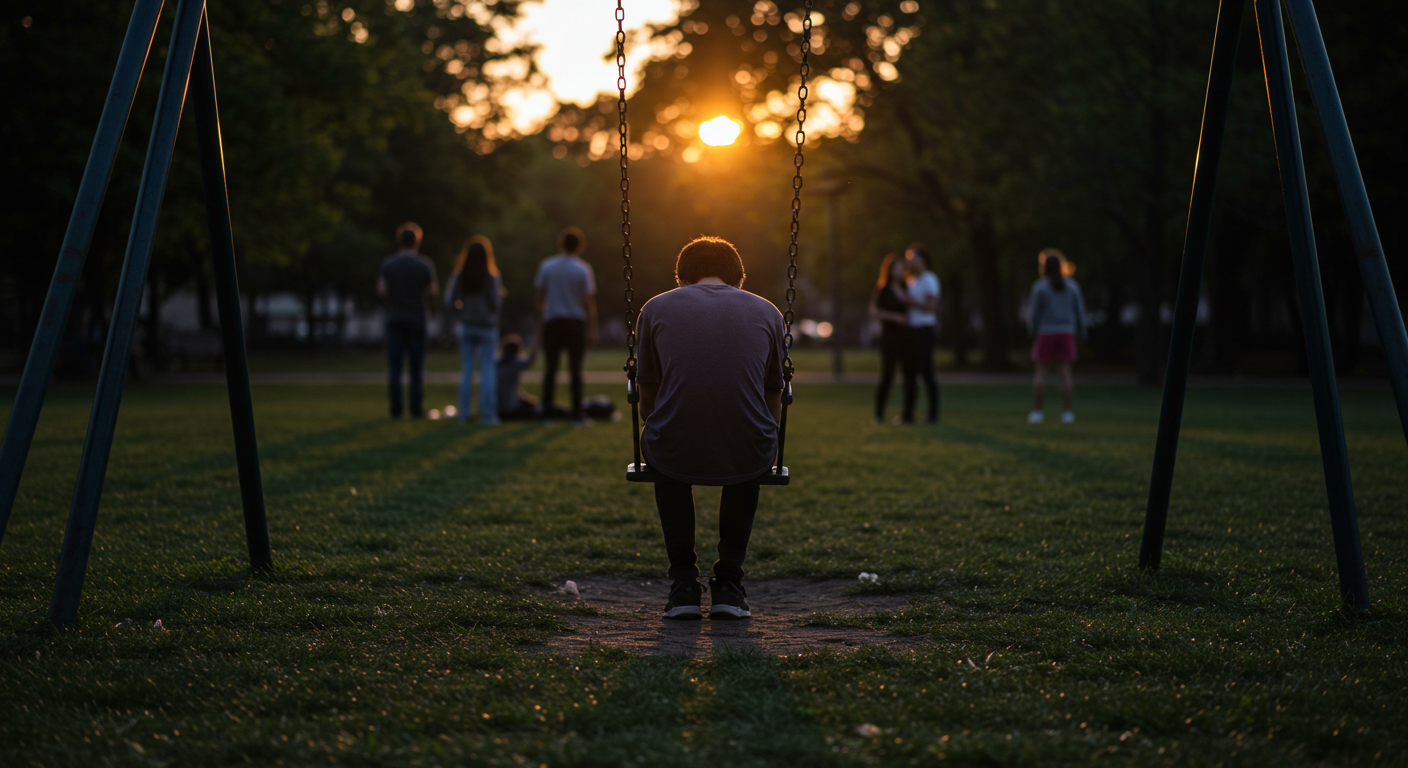How Isolation and Inner Pain Can Deeply Impact Mental Well-being

Loneliness and Depression: A Silent Crisis
Loneliness can have devastating effects—especially for someone already struggling with depression. When these two forces combine, they often create a quiet spiral that affects not just mental health, but relationships, physical well-being, and overall quality of life.
To combat these experiences, we must first recognize the symptoms, understand their root causes, and take intentional steps toward healing.
Loneliness: Not Just Sadness
Many assume loneliness simply comes from being alone, but it can also stem from disconnection, rejection, or a sense of not belonging. It’s often a by-product of personal choices, fear, or social pressure.
Some people thrive in solitude—especially introverts—but even they can fall into isolation if feelings go unprocessed for too long. Bottling up emotions may feel safer, but it can also be toxic.
“The worst part of holding the memories is not the pain. It’s the loneliness of it. Memories need to be shared.”
— Lois Lowry
Rejection and Relationship Breakdown
It often starts subtly: declining an invitation, skipping a social event, or not returning messages. But soon, those small actions can evolve into complete disconnection from others.
Maintaining friendships requires energy, and depression drains it. Teens, in particular, may isolate out of shame or fear of appearing vulnerable. In some cultures, admitting emotional distress is still seen as a weakness—which deepens the isolation.
Once you withdraw from your circle, the darkness sets in, and the old, familiar feelings of worthlessness return.
The Importance of Connection
Whether you’re someone who thrives in a crowd or prefers one close friend, human connection is vital to your well-being.
-
Make time to socialize, even when it feels uncomfortable.
-
Build a safety net—people you trust, people you can call on when the storms hit.
-
Choose friends who truly care, and be a caring friend in return.
Friendship isn’t just comfort—it’s protection. It’s your first line of defense against loneliness and depression.
Is It Your Mind Playing Tricks?
Sometimes loneliness isn’t about being physically alone. It’s about the thoughts in your head. Depression can convince you that:
-
You’re unloved
-
Your friends don’t care
-
You’re always being left out
These thoughts feel real—but they’re not always true.
Maybe your loved ones just don’t know how to help. Or maybe they think you’re the one pulling away. Depression lies. If left unchecked, these lies become beliefs—and beliefs shape your reality.
You Can Move Beyond Isolation
We all hope someone will come rescue us. But here’s the truth: no one can save you from loneliness but you.
Take a step:
-
Reach out to someone else who may feel alone.
-
Say “I care about you.”
-
Smile at a stranger.
-
Start a small conversation.
These simple actions can be lifelines—for you and for others.
Healing Takes Time
Be patient with yourself. Some days will be hard. The pain won’t disappear overnight. But with consistent love, support, and self-compassion, the grip of loneliness will begin to loosen.
You don’t have to be perfect. You just have to keep trying.

